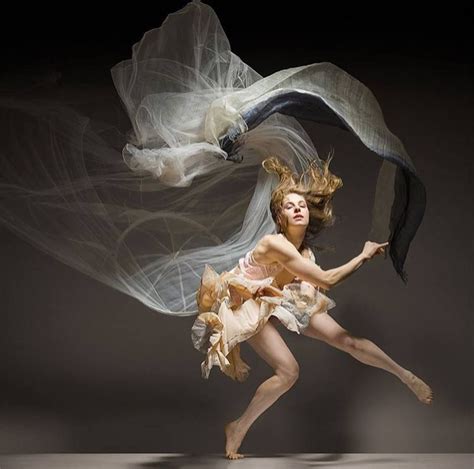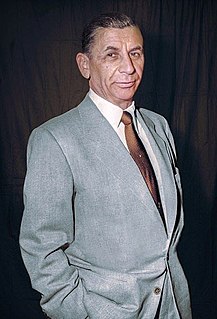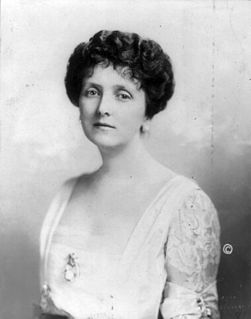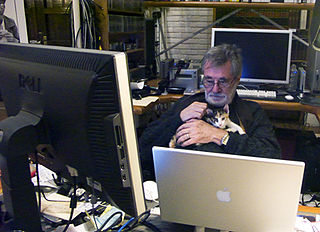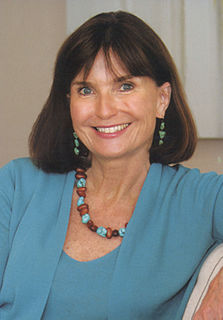A Quote by David Attenborough
We can now manipulate images to such an extrodinary extent that there's no lie you cannot tell.
Related Quotes
Before, the myth of photography doesn't lie was used in order to cover up tricks. If I [make a] portrait [of] you, accommodate you, illuminate you, put make up on you or use a filter, am I not manipulating reality? The only difference is that now I can do it from the computer in the postclick instead of the preclick. If I decide to photograph something instead of something else, I also manipulate reality. Of course a photograph can lie or commit abuse, but it always could.





